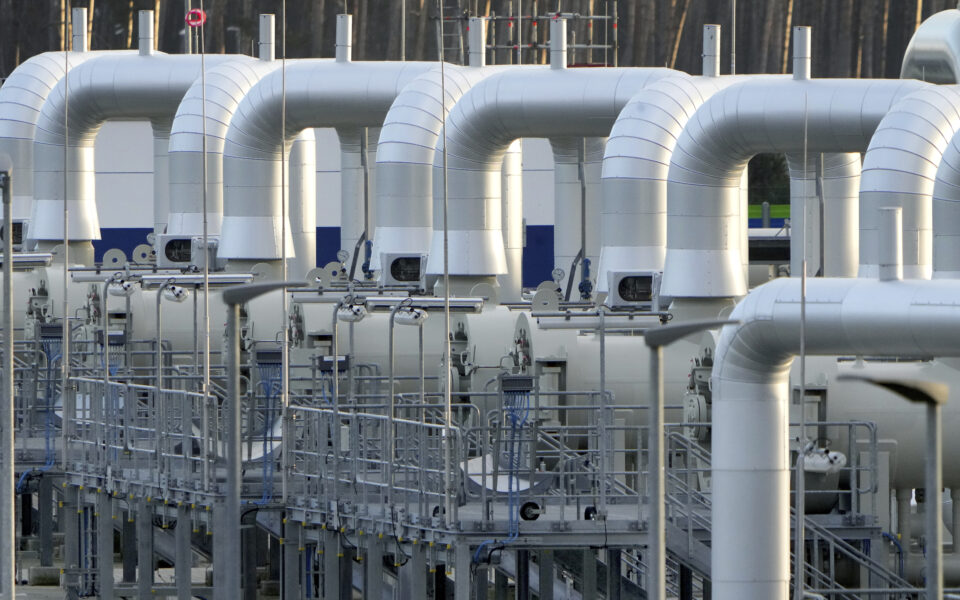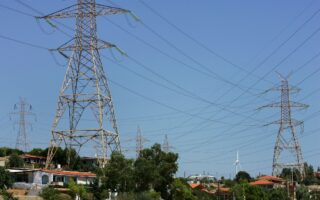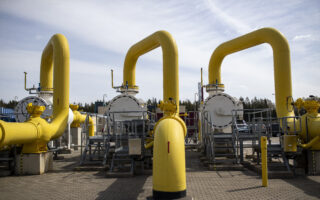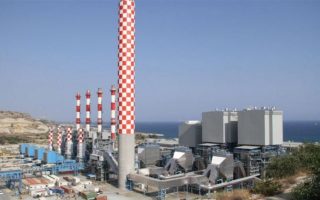Bracing for the tough winter ahead
Whether Russian taps turns off or supply fluctuates, consumers will feel impact of energy cuts

For the first winter in many decades the citizens of Greece and the rest of Europe will not be able to take electricity and natural gas for granted this year.
Regardless if Russian President Vladimir Putin decides to turn off the taps completely or continue toying with Europe with fluctuating gas flows, effective management of the resulting supply crisis cannot be achieved without load cuts. In fact, Greek and European authorities are planning on the basis of a bad and a worst-case scenario.
In the case of the bad scenario entailing fluctuations in Russian gas flows through Nord Stream 1, the impact on Greece will be limited mainly to the front of prices, as the recent 10 days of uncertainty about the pipeline’s reopening showed. Greece’s supply of gas and, therefore, electricity will not be disrupted as the 3 billion cubic meters of gas supplied annually by Gazprom enters the Greek system via Bulgaria and the TS pipeline. High gas prices, however, will have a knock-on effect on electricity rates, increasing the need for subsidies to unmanageable levels.
The decision to double lignite output from 5 to 10 terawatt hours over a 12-month period will act as a first line of defense against this risk. However, the effectiveness of this measure, both in terms of price containment and sufficiency remains questionable in the worst-case scenario.
The capacity of the Public Power Corporation’s (PPC) lignite units has been limited to 2.5 MW. As a result of the three-year-old delignification program, their continued operation for a prolonged period of time is considered unsafe due to their age and poor maintenance.
PPC officials estimate it will take at least six months to start drilling the new fields necessary to support the continuous operation of the plants over a significant period of time. Current reserves are sufficient to cover only 45 days of continuous operation.
The worst-case scenario of a complete disruption of Russian gas flow would impact the electricity system as well, as it depends on gas for more than 40% of its energy supply. In this case, consumers will be without gas for heating and without power for a few to many hours.
The Regulatory Authority for Energy (RAE) says there will be a gas deficit between 1.9 and 4.2 terawatt-hours, which cannot be covered without reducing gas and electricity demand.





